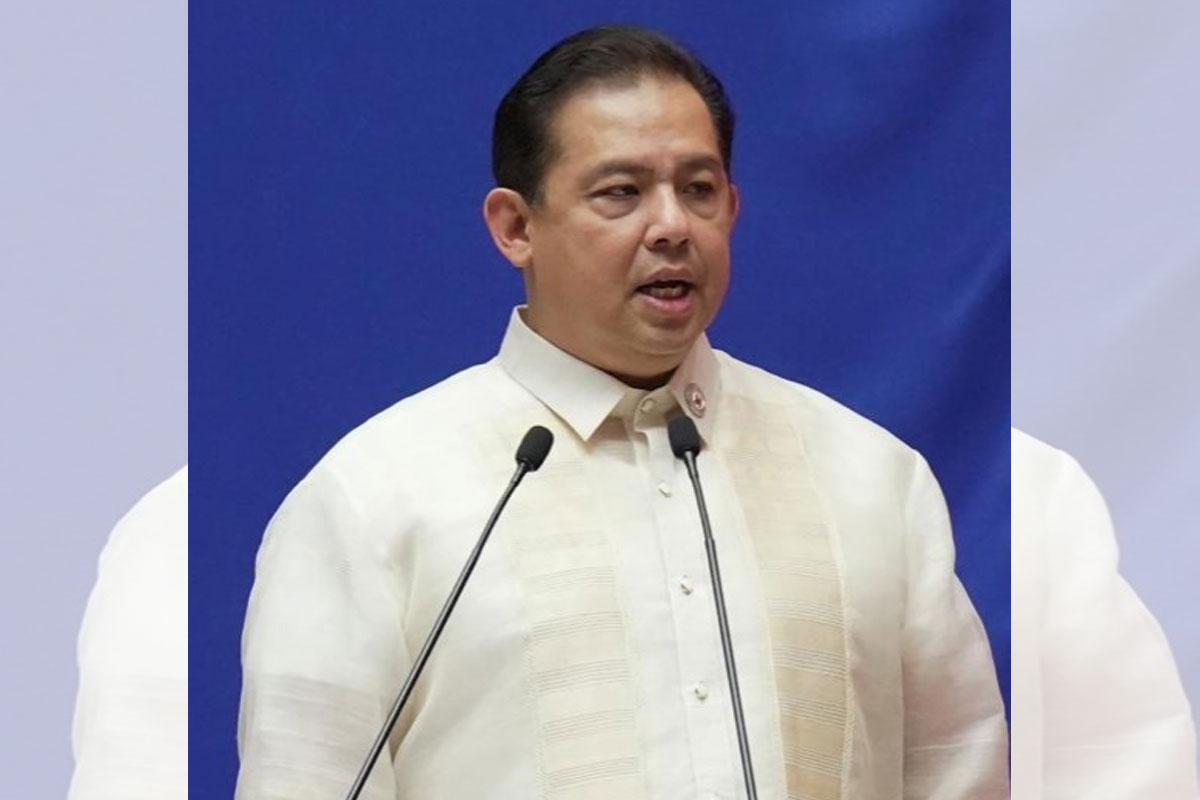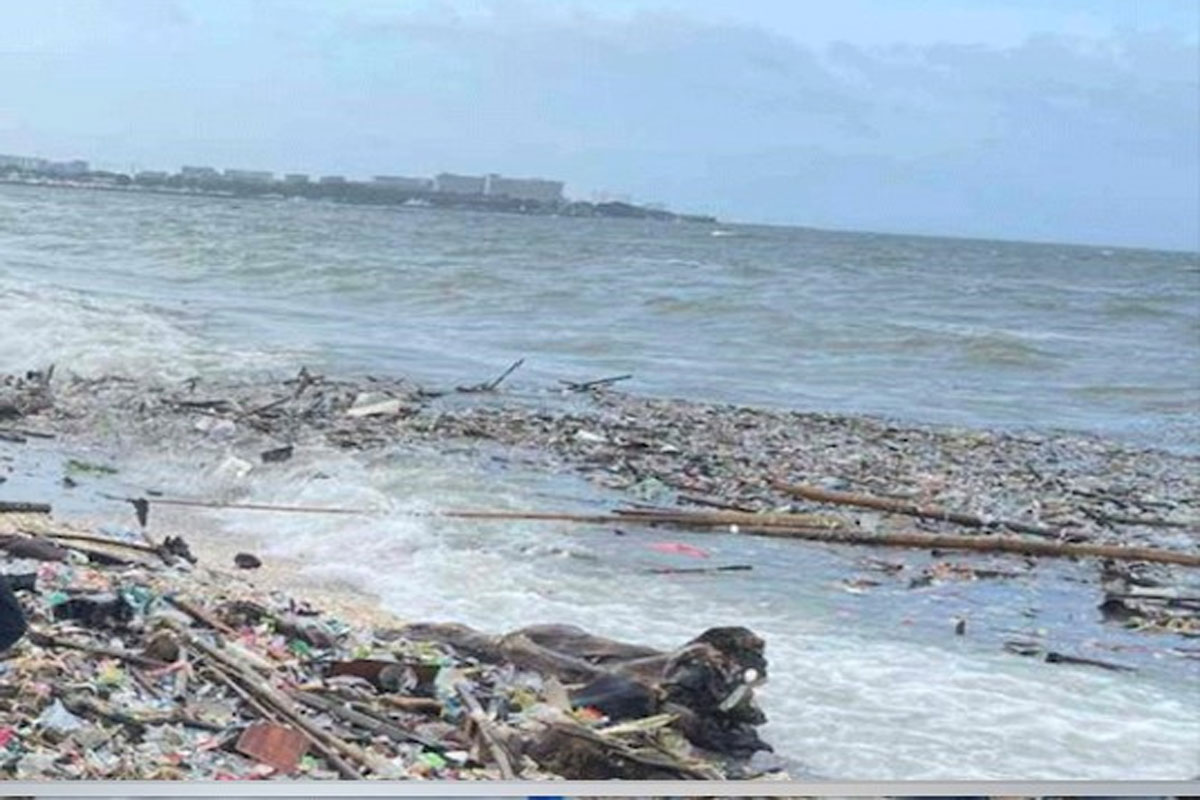
EcoWaste: Poll bets must cut back on tarp
HANGING “Happy Valentine’s Day” plastic tarpaulins hardly mean anything to the electorate, instead commit to serving the people and the environment.
This was stressed by the environment-advocate group, EcoWaste Coalition as it appealed to the candidates of the 2022 National and Local Elections to refrain from posting the said tarpaulins in celebration of Valentine’s day on Monday since the materials will only add to plastic waste.
Jove Benosa, the group’s Zero Waste Campaigner, stressed that politicians can better express their “love” for their constituents by coming up with a responsive public service platform that will truly advance the well-being of the people and, not to be forgotten, Mother Earth.
The group pointed out that cutting back on tarpaulins will certainly trim down campaign expenses, noting that the bulk production price for such type of campaign paraphernalia is about 5 to 10 pesos per square foot.
More importantly, the group added that the reduced production of campaign tarpaulins will translate to a lesser volume of plastic waste laden with harmful chemicals.
Tarpaulins, which are often made of polyvinyl chloride (PVC) plastic, contain toxic chemical additives such as cadmium-bearing stabilizers that are used to slow down degradation when PVC materials and other polymers are exposed to sunlight, the group said.
Thony Dizon, the group’s Chemical Safety Campaigner, on the other hand, said that these chemical additives will be released into the environment as the tarpaulins are removed and subsequently disposed of.
Dizon recalled screening hundreds of tarpaulins used for the 2013 and 2016 elections using an X-Ray Fluorescence (XRF) analyzer revealed cadmium up to 1,279 parts per million (ppm) was detected in all 200 tarpaulins screened in 2013. Cadmium up to 1,704 ppm was likewise found in all the 300 tarpaulins screened in 2016.
According to the United Nations Environment Programme (UNEP), “products containing cadmium are not typically collected separately from the general waste stream in developing countries. Therefore, cadmium discards will end up in municipal waste and disposed of in landfills, incineration, open burning or indiscriminate dumping.”
“Some of the cadmium in these products will be released to the environment, the extent of which depends on disposal method, control technologies applied and other factors,” the UN agency said.
The group further warned that burning chlorinated materials like PVC-based tarpaulins in the open or in incinerators will generate dangerous byproduct contaminants called dioxins, which are targeted for global reduction, if not elimination, under the Stockholm Convention on Persistent Organic Pollutants (POPs) of which the Philippines is a party.


















